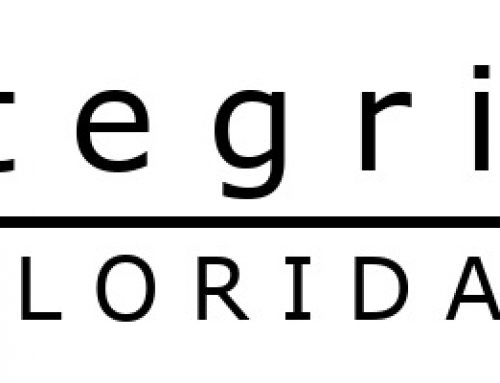Download the full PDF report here
August 2016
Executive Summary
Florida’s federal district courts play an important role in the administration of both civil and criminal justice in the state. Florida has three federal court districts: the Northern District, the Middle District and the Southern District. In the 12-month period ending March 31, 2016, more than 24,000 cases were filed in Florida’s three federal district courts.
Florida has 37 authorized federal judges over the three districts. For various reasons, there are currently four vacancies, constituting 11 percent of the authorized judges. Nominations have been made by the President to fill all of the vacant judgeships, but none have been confirmed by the Senate.
Three of the Florida vacancies, those in the Middle and Southern districts, have been designated “judicial emergencies” by the Judicial Conference, the policy-making body for the federal courts. That means that the “weighted filings” for each judge in those districts exceeds 600 filings per judge.
Court vacancies impact the ability of people and businesses to access the courts in many ways. A 2014 study by the Brennan Center for Justice at New York University School of Law examined 10 judicial districts including Florida’s and found judicial vacancies had four major effects on the working of the courts:
1. Case delays, primarily involving motions and hearing trials.
2. Less time spent on cases. Because of higher caseloads, judges on courts with vacancies meant less time for individual cases, raising questions about the quality of decisions.
3. Administrative burdens. It’s not only the lack of a judge that harms courts, but also all the other associated impacts, such as the loss of law clerks and other administrative resources and less time for judicial committee work.
4. Risk of judicial burnout. Judges on courts with vacancies have higher caseloads and a heavier burden to dispense with cases, raising the likelihood of judges burning out.
While nominations for the replacement of most of Florida’s vacant judgeships were made in April of 2016, one nomination was made well over a year ago, in February of 2015. It appears unlikely that the U.S. Senate will hold hearings to confirm any of the Florida nominations before the 2016 general election.
Given the inaction on filling the three judicial vacancies that are considered “emergency vacancies,” the Senate is not acting in the Courts’ best interest and may be putting the Courts at risk of the potential effects cited above. Unfilled vacancies, particularly judgeships open for a long period of time, threaten the timely administration of justice in both criminal and civil cases.




